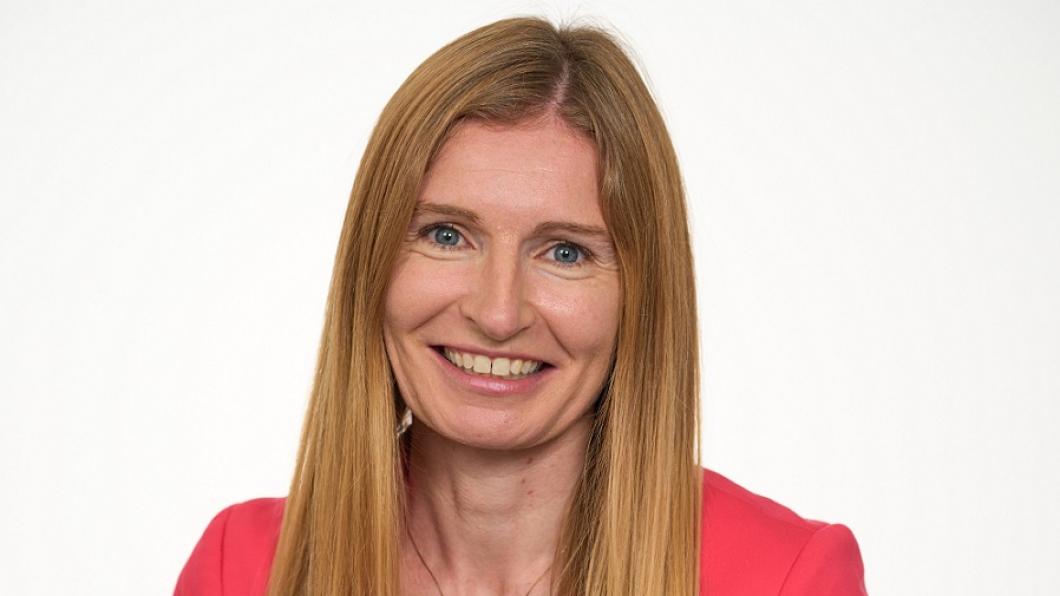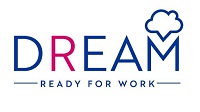
BRI senior scientist Dr. Sally Lindsay blogs about disability and disclosure as part of a new DREAM campaign
Dr. Sally Linday's blog is part of Disability Employment Awareness Month's DREAM campaign, a partnership between Holland Bloorview's TRAIL Lab and Spinal Cord Injury Ontario to provide the HAPPY Youth Toolkit, a free online resource to support youth and young adults with disabilities in navigating accommodation and disclosure discussions in the workplace.

Youth and young adults with disabilities experience many challenges during their transition to adulthood including finding employment. Jobs are often inaccessible, and youth often face a lack of support, discriminatory attitudes, inaccessible jobs and a lack of workplace accommodations.
Because of such barriers, youth with disabilities commonly have higher unemployment rates compared to youth without disabilities. Although there are often many stereotypes about people with disabilities, including youth, most are willing and able to work. Yet they remain as one of the most marginalized groups in the labour force. Focusing on youth and young adults with disabilities is important because this developmental period in their lives is an optimal time to enhance positive behaviors while developing work-based identities.
Workplace accommodations (e.g., flexible hours, adaptive technology, modified environments) are often supported by human rights and accessibility legislation that places a duty on employers to provide reasonable accommodations to employees with disabilities, which can help to improve work participation and wellbeing.
However, employees must disclose their disability to their employer to be eligible to receive workplace accommodations. Understandably, many people are reluctant to do so because they are worried about their job security and potential discrimination. Youth may be especially reluctant to disclose their disability to an employer given their inexperience and/or engagement in part-time, casual or contract work.
This trend is concerning because youth with disabilities often have unique developmental needs that are often unaddressed by workplace policies. Therefore, providing youth with additional support on how they decide and whether to disclose their needs to their employer and ask for workplace accommodations may be worthwhile for enhancing their inclusion in the workforce.
HAPPY Youth Toolkit
Our toolkit, co-developed with youth who have disabilities, includes information about what is disability disclosure and why it is important, things to consider before disclosing, how and when to ask for workplace accommodations, learning to self-advocate, knowing your workplace rights and words of advice. Many of the sections of the toolkit were based on youth’s actual experiences in the workplace or in looking for work they helped to design it in a youth-friendly way. The relatable examples, case studies and interactive tools can help youth to navigate sensitive conversations with their current or potential employers. It can also help them to consider whether they should disclose their condition.
Our aim with building this toolkit is to help youth to advocate for their needs should they decide to disclose, ultimately helping to enhance their inclusion in the workforce.
Key Takeaways
It is important for youth to consider the potential benefits and drawbacks of disclosing a disability in the workplace. It can be difficult to predict whether your experience of disclosure will be positive or negative because this will depend on your specific situation, your employer and the context in which you are working.
Some known benefits of disclosing include helping your employer to understand your need for workplace accommodations; helping to create an atmosphere of acceptance and improve social inclusion; and having a chance to show your employer your strengths and abilities.
On the other hand, potential limitations of disclosing your disability can include stigma or discrimination, and concern about job security.
But overall, disclosure can often help youth if they are prepared for working by taking part in relevant employment training programs; having confidence and not being afraid to speak up for what they need to be successful in their job (in a thoughtful and respectful way). Having a mentor in the workplace can also be helpful.
Often youth look specifically for employers who actively hire people with disabilities and are known to provide an inclusive environment.
The most important point is that there is no right time to disclose your disability. It greatly depends on your situation, employer and comfort level. Our toolkit provides several cases of youth who did and those who decided not to disclose in addition to strategies on how to do so.
Learn more about the HAPPY Youth Toolkit here.
Dr. Sally Lindsay is a senior scientist and head of the TRAIL (Transitions And Inclusive Environments) Lab, a research lab within Holland Bloorview Kids Rehabilitation Hospital’s Bloorview Research Institute. She is spearheading the HAPPY (Healthy And Productive Paid work for Youth with disabilities) Project, which the HAPPY Youth Toolkit is a part of.